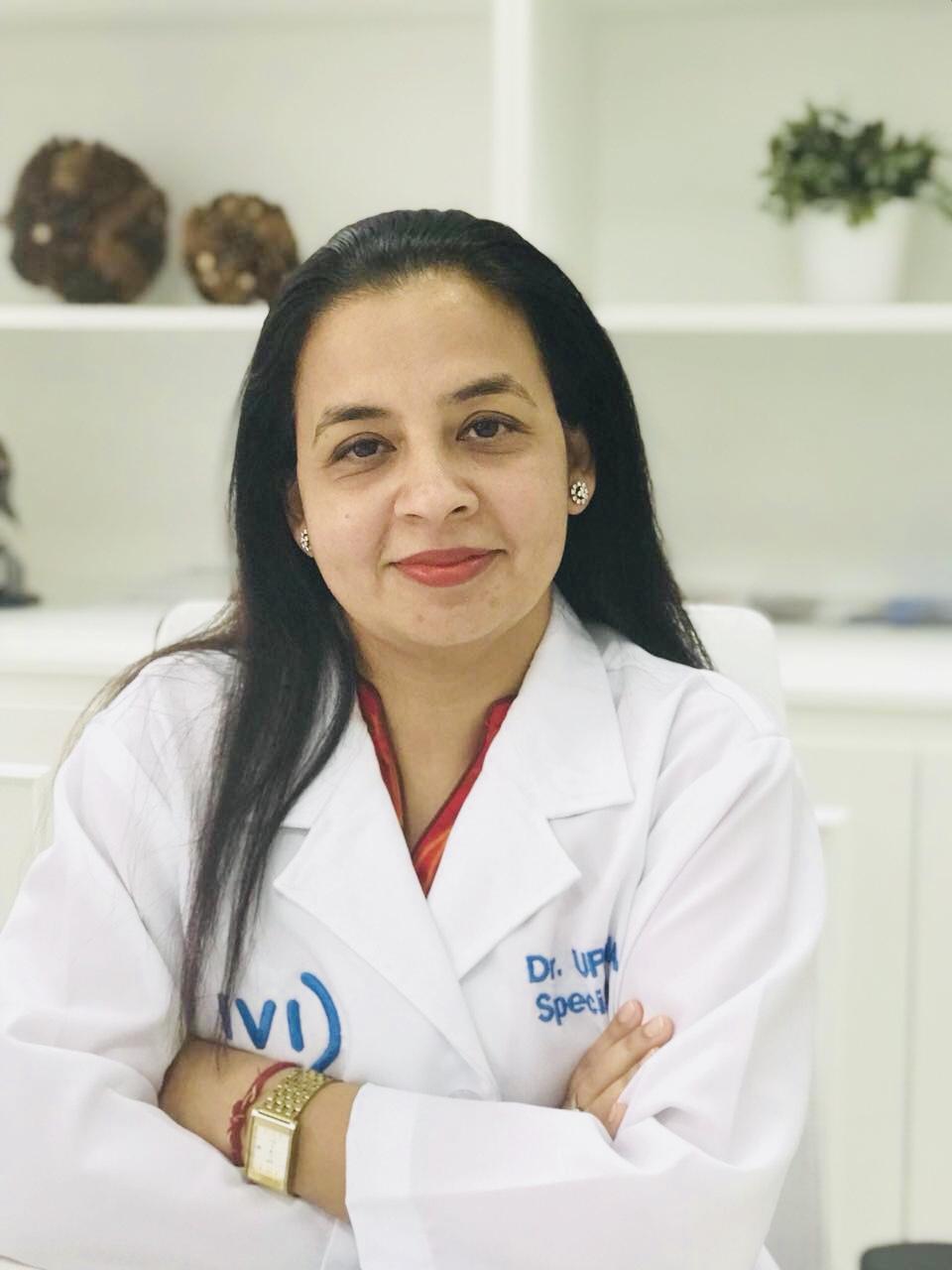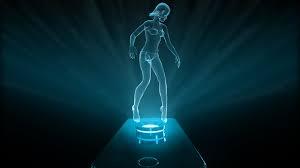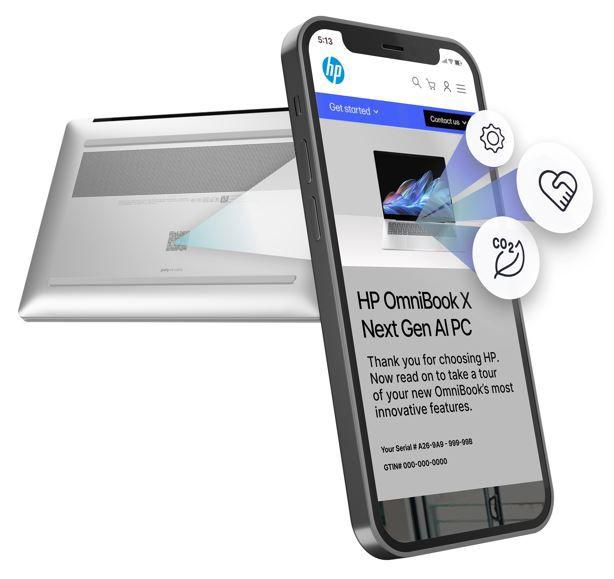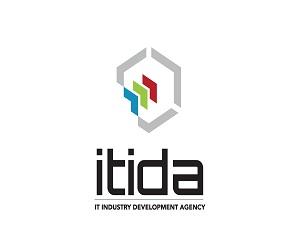By ; Wasem Emam
In today’s world, women are educated and highly career-driven. They
are putting their professional goals at the top of their priority
lists, and are, thus, working towards achieving their aspirations.
Several factors like career commitments, travel, settling down issues,
and medical concerns like cancer treatments lead to delayed pregnancy.
However, delaying motherhood may become a major cause of concern later
in life when women finally decide to have a baby. For most women,
natural conception becomes difficult due to biological consequences,
or even genetic issues, which are discovered only when they actively
pursue motherhood. For the former, this is mainly because of the
quality of the eggs, also known as oocytes, declines as a woman ages.
Advances in Reproductive Medicine have paved the way for successful
conception and delivery. These have, thus, provided women with options
to plan their families, without having to worry about facing
biological issues in the future. In short, they enable women to decide
when to get pregnant.
Fertility preservation through egg freezing is one such option. Egg
freezing, however, is not just for women wanting to postpone
motherhood. It is also available to those who have been diagnosed with
cancer or autoimmune diseases, and are going to be treated with
chemotherapy, radiotherapy or bone marrow transplants, where they can
delay conception until they fully regain their physical health.
Women at risk of needing repeated ovarian surgery, including those
with endometriosis, as well as those who are experiencing constraints
of any kind or work challenges, may opt for egg freezing. Furthermore,
egg freezing might help in reducing the number of failed In-Vitro
Fertilization (IVF) cycles.
Under the medical procedure of egg freezing, the oocytes are
extracted, frozen at a temperature of -196 degrees Celsius to ensure
that the oocytes remain young and in the best conditions and stored
away. These eggs can later be unfrozen, fertilized with the husband’s
sperm, and transferred back into the uterus as embryos through IVF,
when the couple is ready to get pregnant.
The process involves the female patients undergoing subcutaneous
injections to stimulate the follicles and produce mature eggs, which
will then be collected from the woman’s ovaries under anaesthesia.
This is called Ovarian stimulation followed by oocyte pick up. The
retrieval process is guided by an ultrasound. The chances of a
successful pregnancy in the future are higher if a higher number of
eggs are produced. There are some cases in which women do not produce
many eggs in a cycle; in such cases, the doctor may recommend a second
round of retrieval process.
Fertility experts can determine the number of healthy and mature eggs
a day after the extraction procedure. As a protocol, doctors do not
use the eggs which haven’t matured.
During the process, the eggs are treated with cryoprotective
substances to protect them from freezing damage. The extracted eggs
are then vitrified by submerging them in liquid nitrogen and stored in
a secure environment. The eggs can remain frozen for long time, but
the duration is normally decided by the patient and her fertility
doctor. Oocyte survival rates are high, providing many women more room
to delay pregnancy with a reasonable guarantee of success.
The entire egg freezing process may take an average of 13 days from
the first day of ovarian stimulation to the egg extraction stage.
Before the process begins, patients are first thoroughly assessed. The
assessment includes regular blood tests and complete ultrasounds.
According to Dr Upma Shanker, IVF Specialist, IVI Fertility Clinic
Muscat, “deciding when to go for cryopreservation is a personal
choice. However, the younger the woman is, the better are the chances
of obtaining quality oocytes with a higher survival rate.” At IVI
Middle East Fertility Clinics, doctors recommend the procedure to
women below 35 years of age, or during their prime reproductive years.
This is because women undergo genetic and biological changes that
decrease the quantity and quality of eggs after the age of 35.
At IVI Middle East Fertility Clinics, an approximate, 11% patients
show interest in freezing their eggs every month, with the numbers
steadily and substantially increasing as fertility awareness in the
region has increased.
Assisted Reproductive Treatments like Cryopreservation help women take control of their biological clock














































































